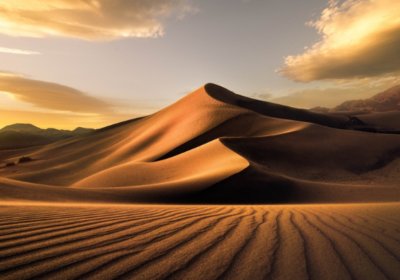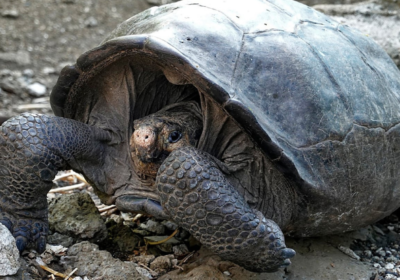Earth is the only planet on which life is known to exist. It is constantly nourishing and supporting all life forms. As responsible humans, we should return the favor by taking care of our planet. Today, we find scientists around the world studying planet Earth. Read the latest news about Earth to find whether these studies give us a cause of concern or a ray of hope.
The Blue Acceleration: Human impact on oceans
A recent study published in the journal, ‘One Earth,’ reveals that there has been a significant rise in the human pressure on the oceans of the world. A team of researchers from the Stockholm Resilience Centre, Stockholm University, conducted the study by assessing the data collected from shipping, fishing, deep-sea mining, and aqua-culture for over 50 years.
Human pressure on oceans started showing a sharp increase at the start of the 21st century. Scientists have coined the term blue acceleration to show this impact. It is a cause of concern that this trend is not showing any signs of slowing down. Industrialization of ocean started at the end of the last century. This was the result of a decline in land-based resources and an improvement in technological resources.

Oil and gas sector is the largest ocean industry. It counts for one-third of the value of the ocean economy. Construction industry uses the sand and gravel from oceans. Due to the scarcity of freshwater, desalination plants are also coming up all over the world. Utilization of ocean resources is not likely to slow down in future.
There is some positive news too. The area protected from some form of exploitation has also seen a steady increase since 2000. Offshore wind farming is likely to reduce our dependence on fossil fuels. United Nations is embarking on a mission, ‘decade of the ocean,’ in 2021. This will be an opportunity to study the long-term sustainability of ocean resources.
Oldest material on Earth found
Discovery of oldest particle is another latest news about Earth that deserves a mention. Scientists have discovered the oldest solid material on Earth trapped inside a meteorite. This 7 billion year-old stardust was trapped inside a meteorite that hit rural Australia in 1969. Out of the 40 tiny stardust grains found trapped inside the meteorite, the oldest was calculated to be 7 billion years old. This predates the Sun and the entire solar system.

All the dust particles trapped in the meteor were pre-solar grains. This means that they existed before the solar system. Stardust ejected by stars is carried by stellar winds to the interstellar space. When a solar system is born, these dust particles form part of the planets and the Sun.
Scientists have formed a way to calculate the age of a stardust. When dust grains float in space, they are blasted by high-energy cosmic rays. As a result, the atoms in the dust grain break into fragments. These fragments accumulate over time. By counting the number of these fragments, it is possible to ascertain the age of the star. The discovery of the dust can thus help scientists to study the history of our galaxy.
Deep-diving scientists discover CO2 hotspot
A hydrologist and his team engaged in deep-sea diving off the shores of Philippines have discovered volcanic seeps with high levels of carbon dioxide. Professor Bayani Cardenas, University of Texas, was diving 200 feet under the ocean surface in Verde Island Passage, when he made this accidental discovery.
Cardenas found a region where the ocean floor was bubbling. These carbon dioxide bubbles escaped from a nearby volcano through small cracks in the ocean floor. This process might have been occurring for a long time, unnoticed by humans. Cardenas has now named the region as ‘Soda springs.’

Verde Island Passage where this was discovered, is home to one of the most diverse marine ecosystems. Coral reefs are also abundant in this region. This discovery of life forms and coral reefs surviving the presence of carbon bubbles gives scope for conducting further studies.
This was some of the latest news about Earth. Would you like to read more on the recent developments in various science fields? Please visit our News section.




